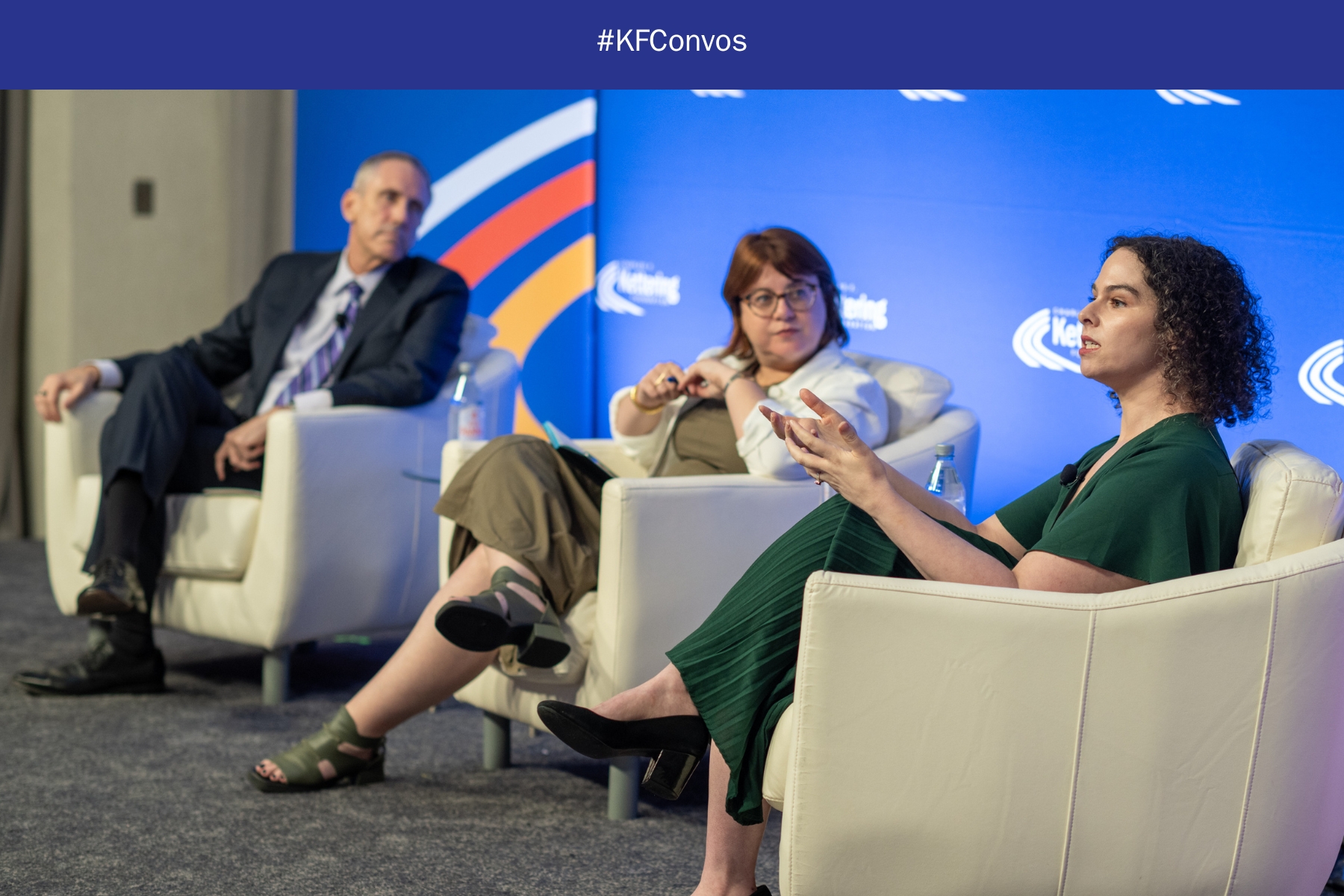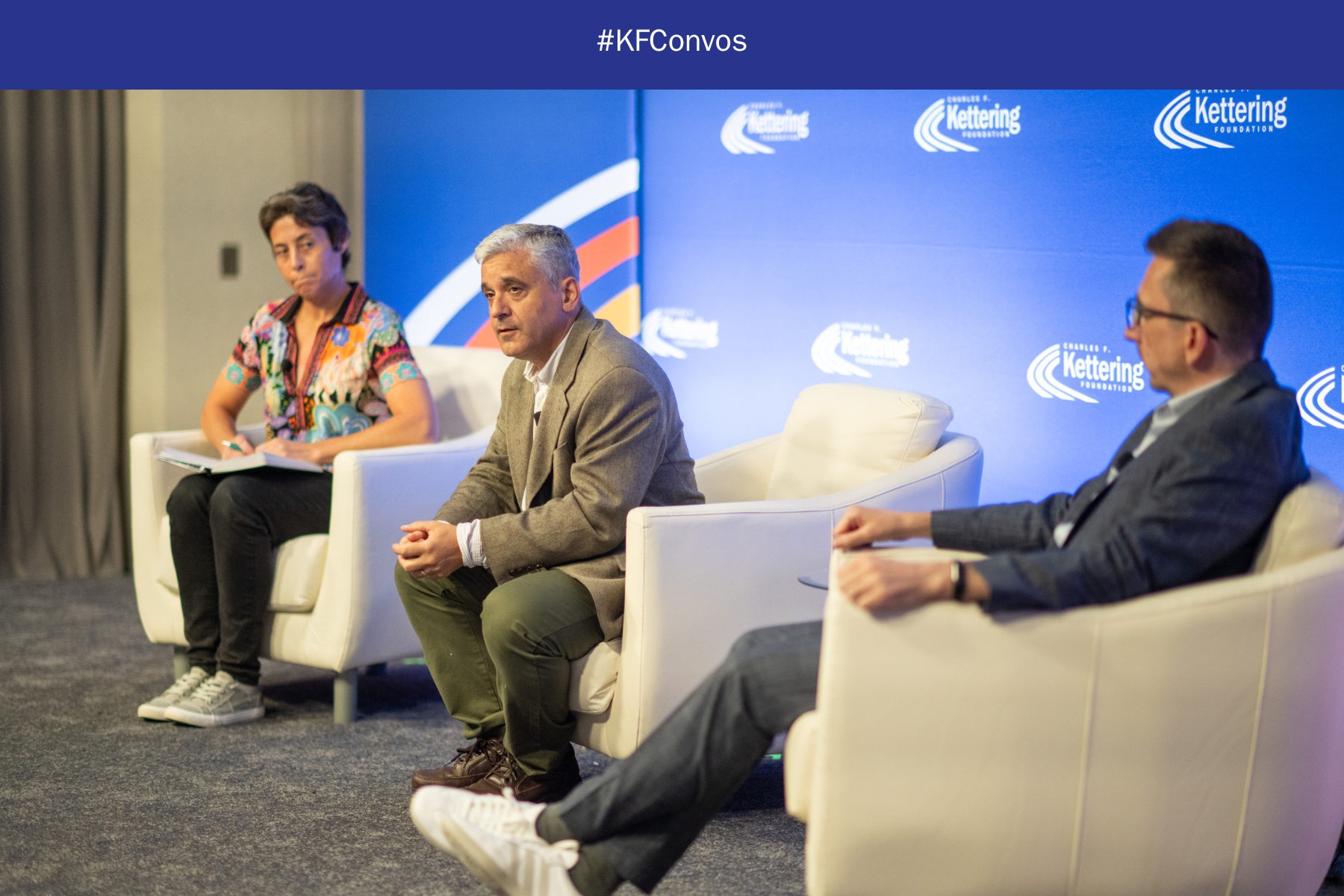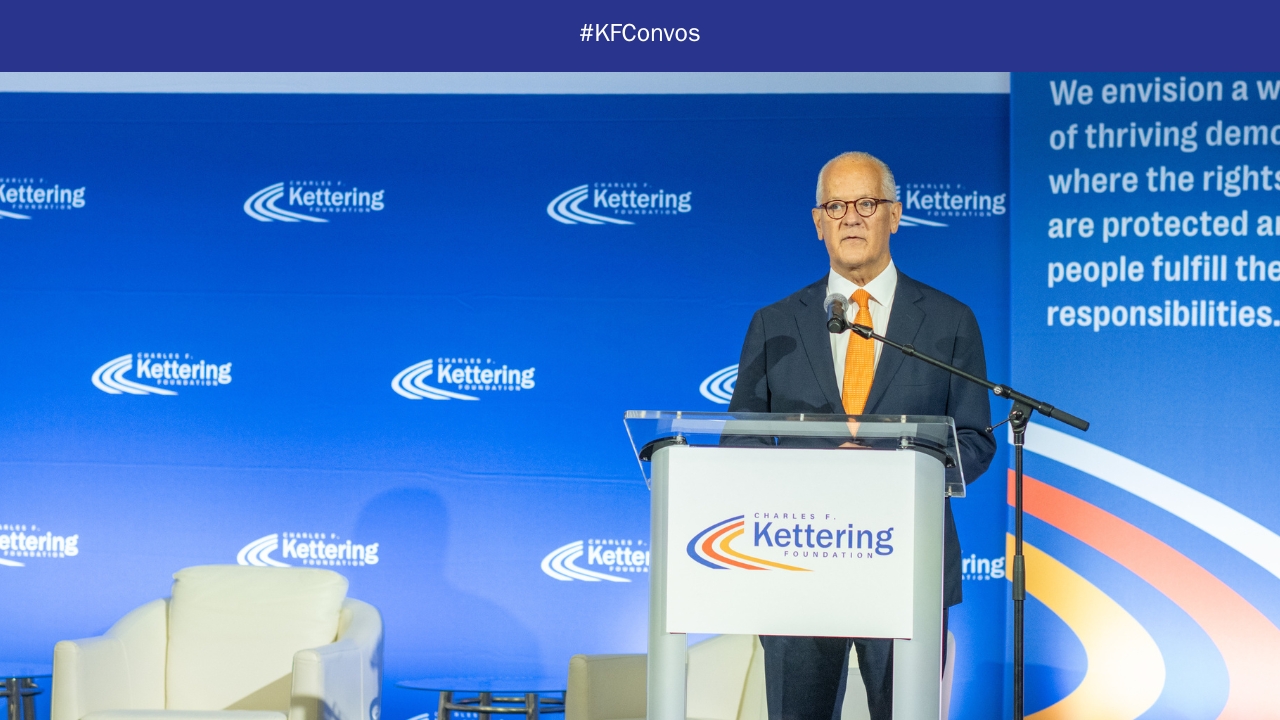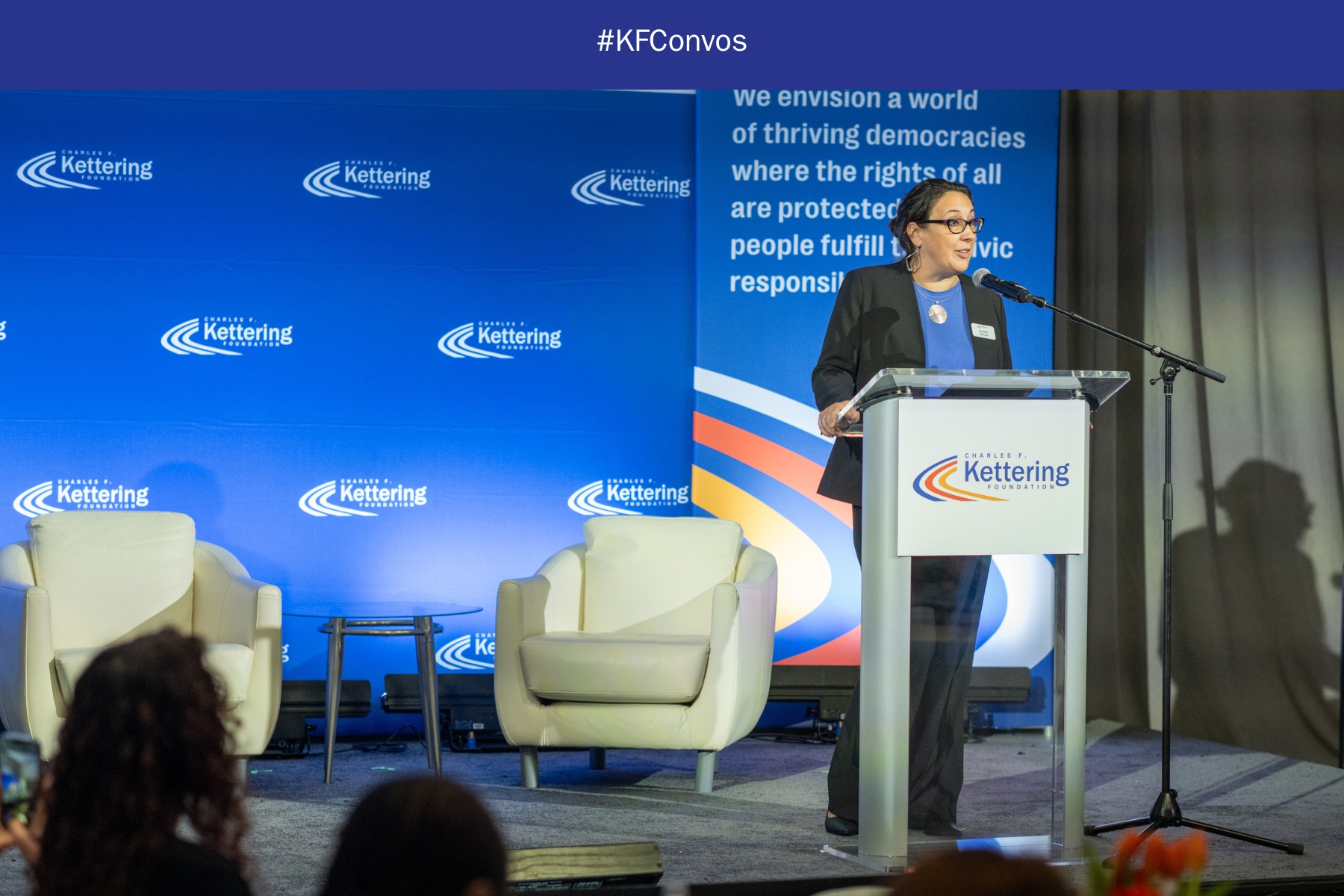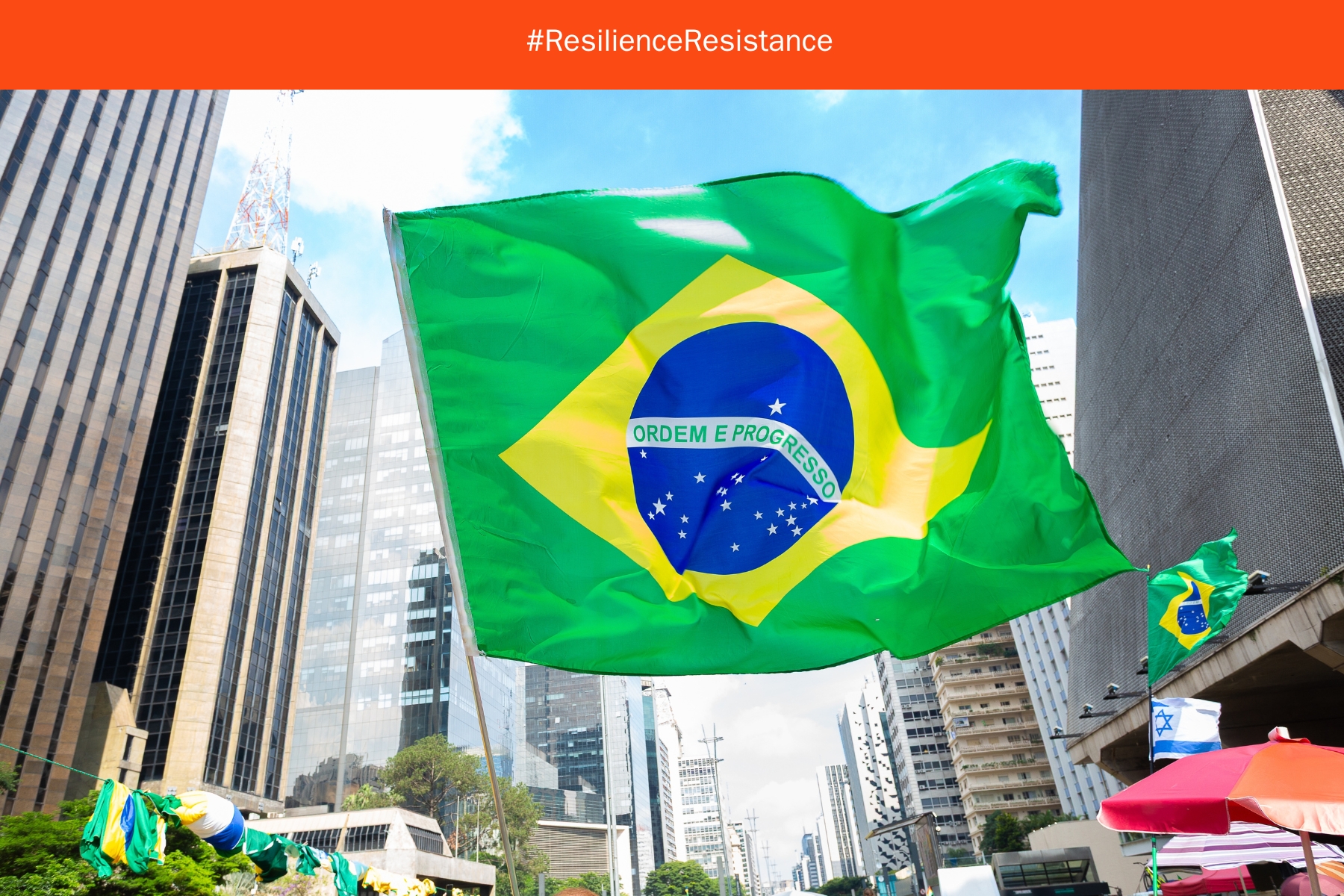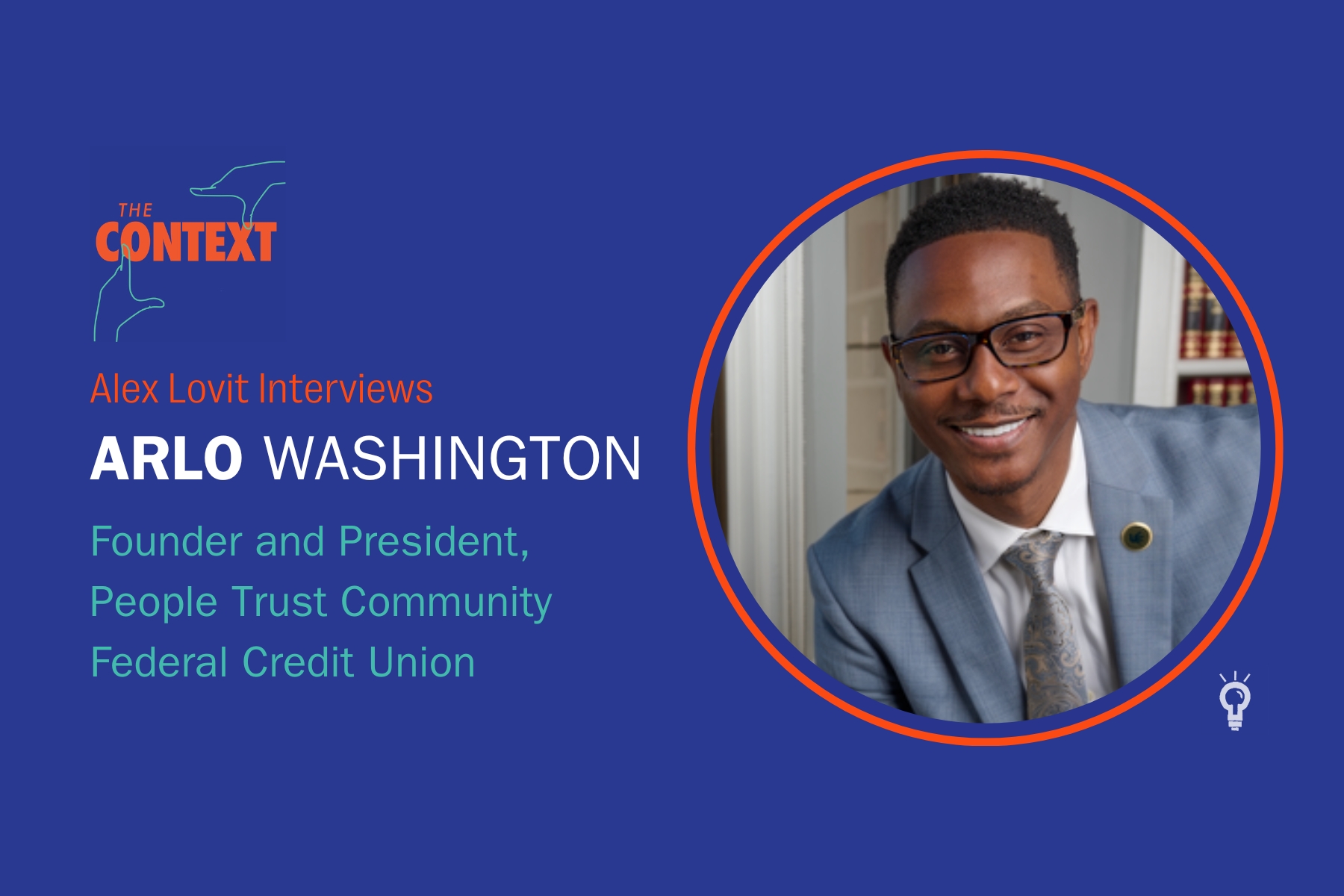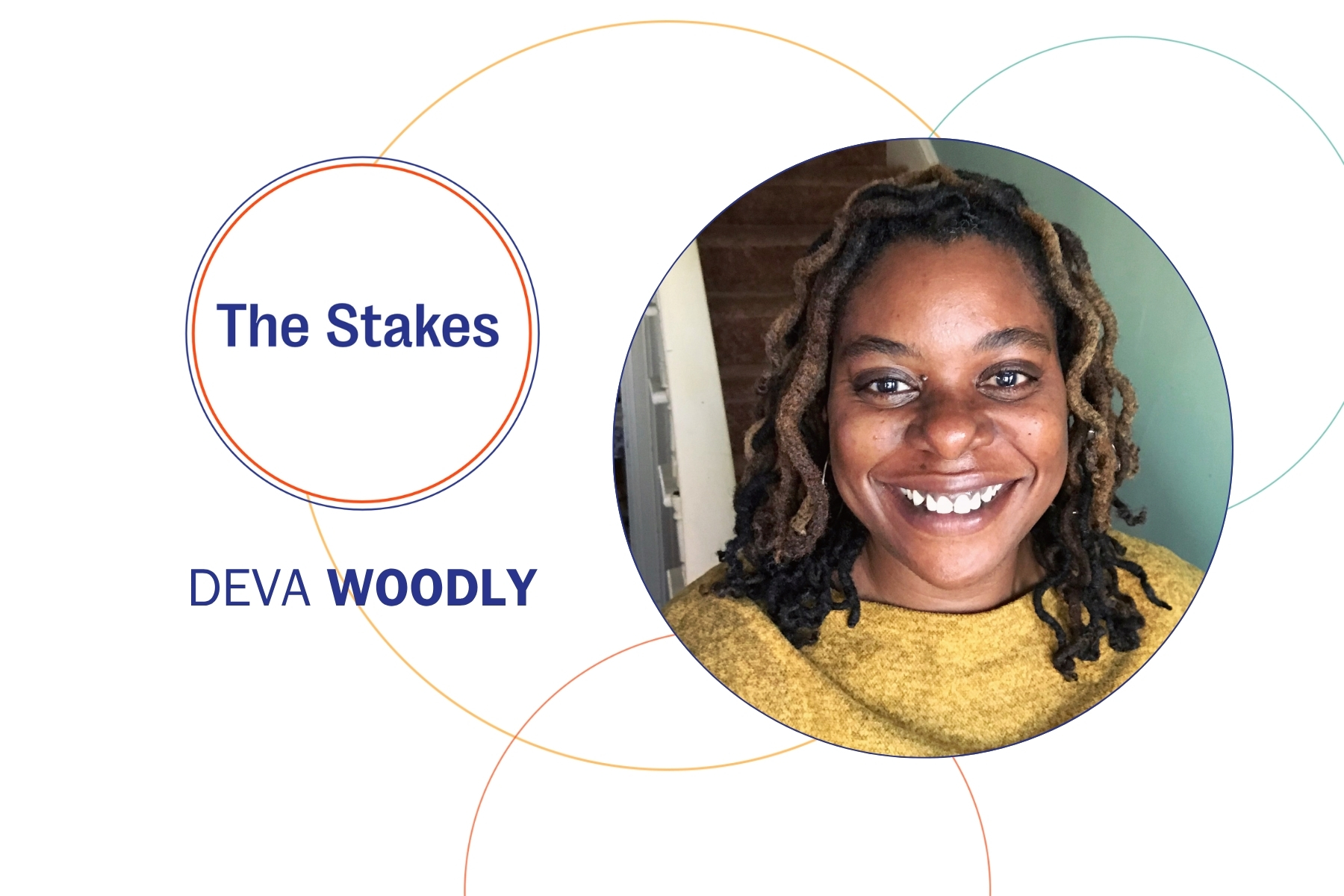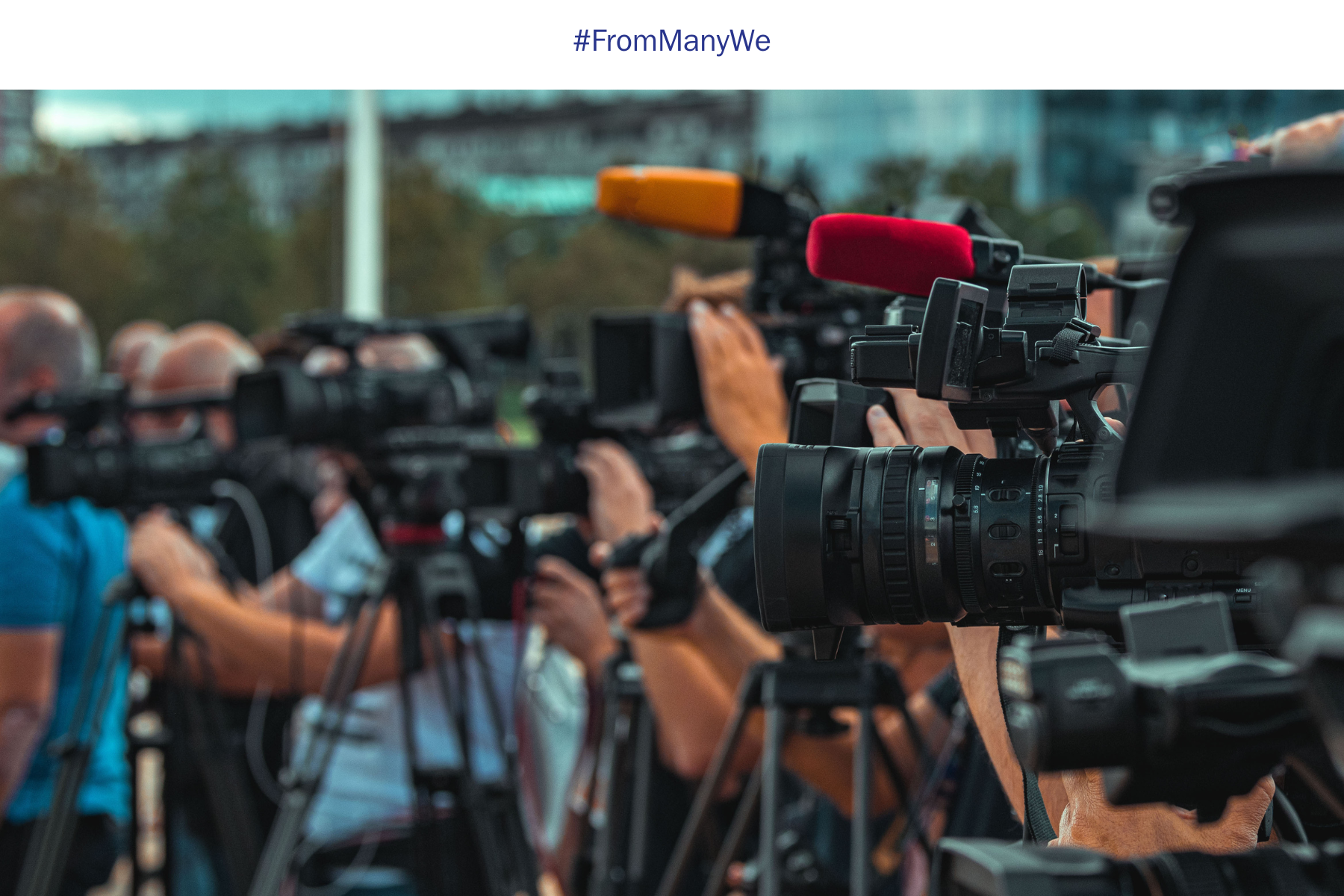Paraikete Whero: A Small Act, A Global Echo
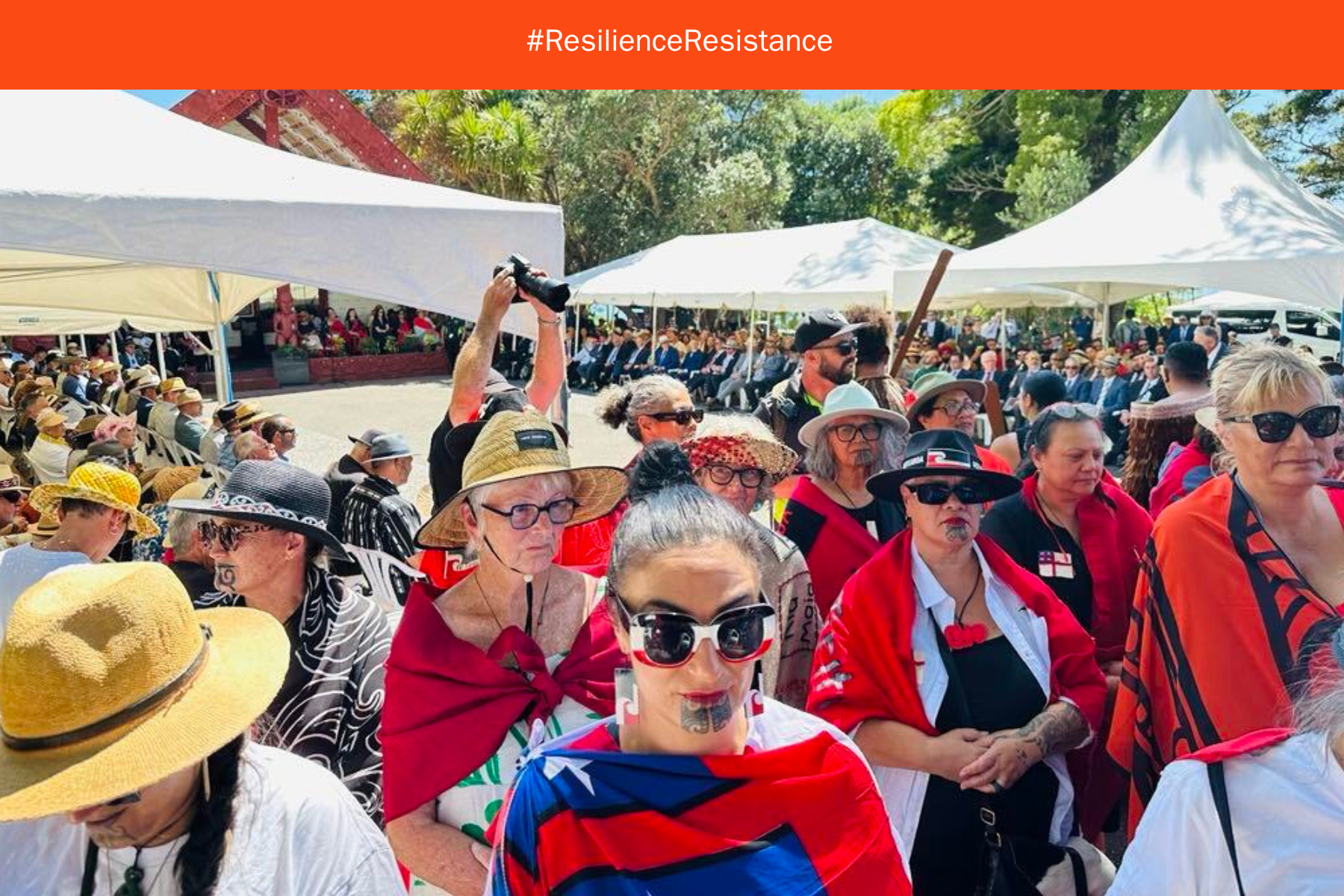
Aotearoa, also known as New Zealand, is a nation founded on a treaty between the Indigenous Māori and the British Crown. Every year on February 6, we mark Waitangi Day, the anniversary of the signing of Te Tiriti o Waitangi (the Treaty of Waitangi), our founding agreement. But this day is not just a commemoration. For many of us, it is a time of protest, reflection, and resistance. That’s where this story begins.
This is a call to action, a karanga. One that rises from the whenua, the land of Aotearoa, and echoes across oceans, into every corner of the world where democracy is bruised, bought, or slipping through our fingers.
This call doesn’t begin with a shout, it begins with a blanket. A red one.
Paraikete Whero isn’t just an art project, it’s a movement. A protest stitched by hand, grounded in te ao Māori, the Māori worldview, where creation and resistance live side by side. Where art is not a luxury, but survival. Ceremony. Fire.
Each wahine, each woman, stitched her own red blanket. Whether we’d sewn before or not didn’t matter. Some of us stitched in silence. Some wept. Some stitched rage into the fabric. Each stitch carried memory. Pain. Resistance. Love. Legacy. Our tūpuna, our ancestors.
We didn’t just make blankets, we made something sacred. Strangers became whānau, chosen family held together by thread and purpose.
It started as a spontaneous act of solidarity, and it’s become a national kaupapa, a mission that reminds us we are not powerless. We do not have to wait for permission to speak, to stand, to say no.
At the time of Te Tiriti o Waitangi, the treaty signed between Māori and the British Crown, red blankets were handed out by British officials. Sometimes they were gifts. Sometimes they were tools of manipulation. But we’ve taken them back. Now, the red blanket is a statement of sovereignty. Of bloodlines. Of tapu, sacredness. Of protest.
These paraikete are taonga, sacred. When we stitch, we speak. We remember. We take responsibility for the ones who came before us, and for those still to come. Our mokopuna, our grandchildren, are watching.
During the 2025 commemoration of Waitangi Day, when Deputy Prime Minister David Seymour stood to speak, we stood there in silence, wrapped in red. Then we turned our backs. No yelling. No drama. Just a wall of red between him and the haukāinga, the people of the marae, the sacred gathering space.
It was quiet. But it roared. It was karanga, a spiritual call that stretched far beyond the marae, and the world heard it.
A Call to Action, Culturally Grounded, Democratically Driven
That blanket wasn’t just a symbol. It was a warning. A refusal. A reclaiming.
We turned our backs in silence, not to seek attention, but because democracy in Aotearoa is under threat. And when democracy is under attack, silence is not neutral. It becomes complicity.
We’re done with the box-ticking, photo-op democracy that nods politely to Māori and then turns away behind closed doors.
What we need is relational democracy. The kind rooted in deep relationships, collective responsibility, and Indigenous leadership that holds mana.
In Aotearoa, that means honoring Te Tiriti o Waitangi. Not as a historical footnote. Not as a nice-to-have. But as a living, breathing covenant. A covenant that promised:
- Tino rangatiratanga—the right of Māori to self-determination over our lands, resources, and communities, and
- Equitable governance—not assimilation but partnership, where both Māori and the Crown co-create decisions.
Those promises have been broken, sidelined, or distorted beyond recognition.
So, what does real democracy look like?
- It looks like Te Tiriti being honored as law, not lip service.
- It looks like Māori leading decisions about our whenua, our wai (water), our people.
- It looks like fair pay, respect, and real recognition, especially for Māori women, who hold up entire generations while being overlooked.
- It looks like hapū and iwi, our tribal communities, having final say over what happens on our lands.
- It looks like policy built with us, not for us, not about us, and definitely not against us.
But right now, that vision is being unraveled. There’s a bill on the table called the Regulatory Standards Bill. Sounds harmless, right? Boring. Technical. The kind of thing people skip over. But don’t be fooled.
This bill is dangerous. It puts the rights of big business and private property ahead of the rights of people, of the environment, of Māori. It locks in a system that rewards greed and punishes care. It makes it nearly impossible for any future government to protect clean water, provide public housing, or honor Te Tiriti o Waitangi.
This is how authoritarianism shows up now. Not in uniforms but in suits. Not with batons but with policy.
It hides in legal language, pretending to be neutral. But it is not neutral when it protects profit over people. When it rigs the system so only the rich win. When it silences Indigenous voices and calls it freedom.
Let’s call it what it is. It’s not about fairness. It’s not about democracy. It’s about control.
And this isn’t just a threat in Aotearoa. If it can happen here, in a place that sells itself as a model of partnership and reconciliation, it can happen anywhere.
He Karanga, A Final Call
On Waitangi Day, when we turned our backs, we didn’t just walk away. We turned toward each other. We turned toward our tikanga, our ways of doing, of deciding, of holding each other accountable. We turned toward Indigenous democracy, where relationships are the foundation, and decisions are made with deep responsibility to land, to spirit, to future generations.
That’s the system we live by. That’s the system we are fighting for.
So I ask you, wherever you are in the world, what would it look like to turn toward each other?
What does resistance look like in your community? What would it mean for you to stand, or sit, or kneel, or speak, in a way that honors those you walk with?
Because protest isn’t always loud. Sometimes, it is one act. Quiet. Grounded. Done in aroha, love, and wairua, spirit. And that one act can shift everything.
That’s what Paraikete Whero taught me. When we move with intention, with ancestral fire, and with each other, the ripple doesn’t stop at the edge of the marae. It travels. It reaches. It builds.
So here is the call for all Indigenous peoples around the world:
Gather your people. Organize. Stitch. Speak.
If you are in Aotearoa, challenge this bill. Demand treaty justice.
If you are elsewhere in the world, form coalitions grounded in Indigenous truth.
Hold your leaders to account. Learn from each other. Protect each other.
Because this fight isn’t just for Māori. It’s not just for Aotearoa. It’s for every one of us who refuses to be silenced. Every one of us who is ready to protect what is sacred. Every one of us who still believes we can build something better, together.
So listen. Feel it. And if you hear it calling, move.
We’ve turned toward each other. We’ve remembered our tikanga. We’re not going back.
Phoebe Davis is a former Kettering Foundation international fellow and is an activist for Māori rights and education in Aotearoa.
Resilience & Resistance is a Charles F. Kettering Foundation blog series that features the insights of thought leaders and practitioners who are working to expand and support inclusive democracies around the globe. Direct any queries to globalteam@kettering.org.
The views and opinions expressed by contributors to our digital communications are made independent of their affiliation with the Charles F. Kettering Foundation and without the foundation’s warranty of accuracy, authenticity, or completeness. Such statements do not reflect the views and opinions of the foundation which hereby disclaims liability to any party for direct, indirect, implied, punitive, special, incidental, or other consequential damages that may arise in connection with statements made by a contributor during their association with the foundation or independently.
